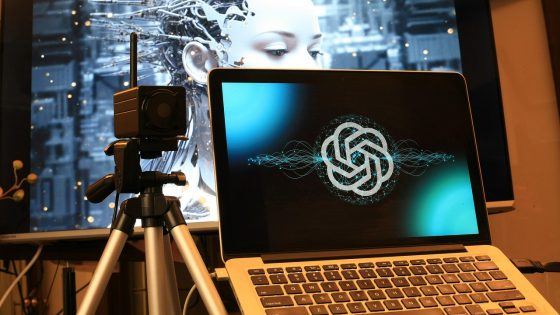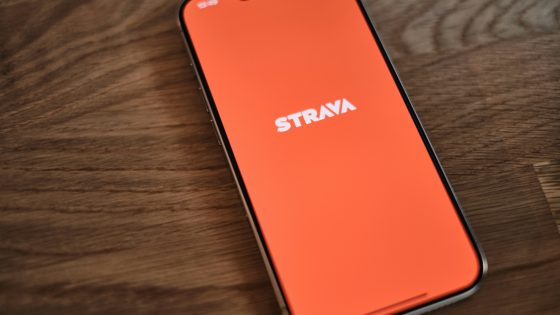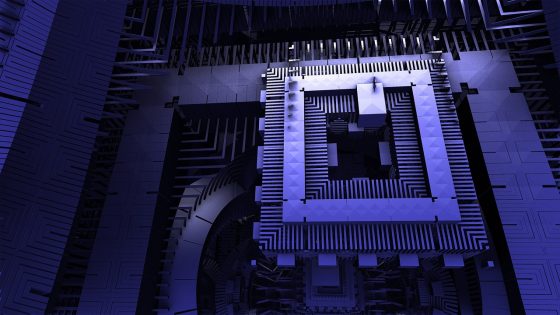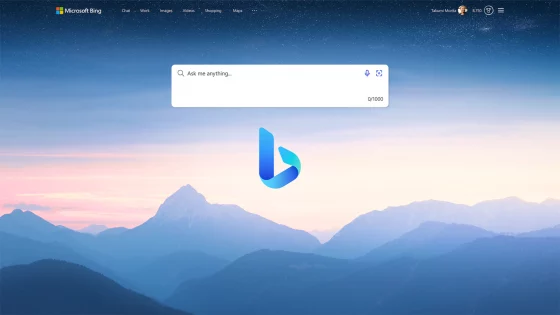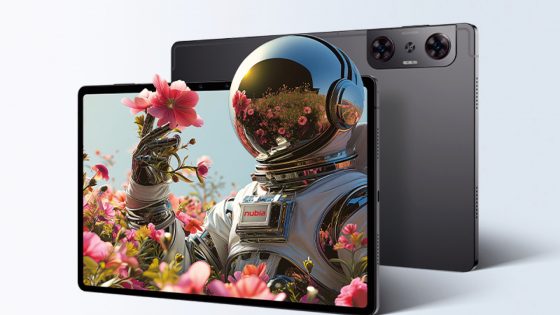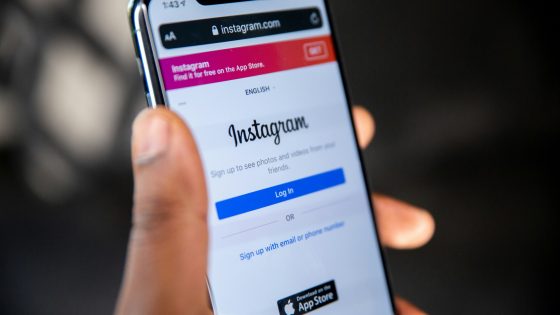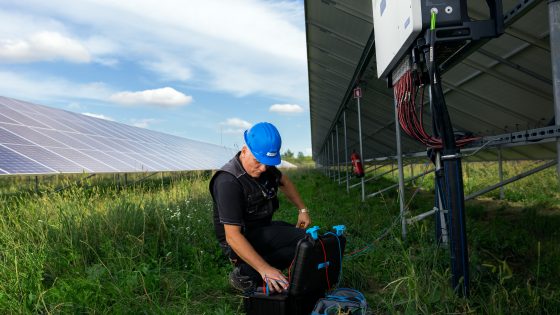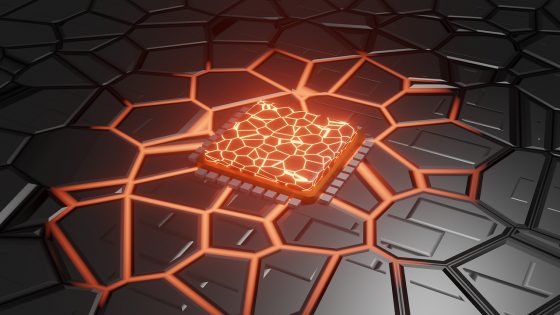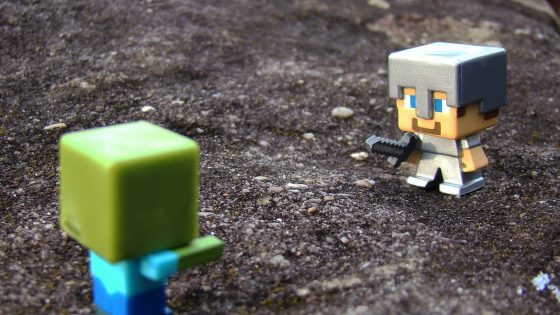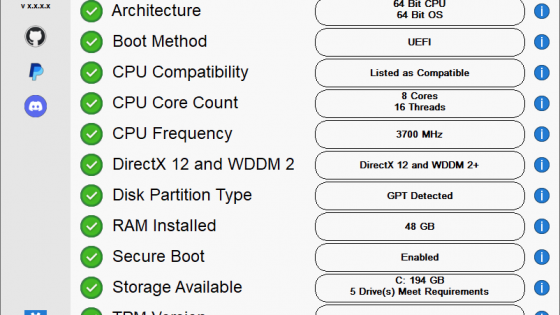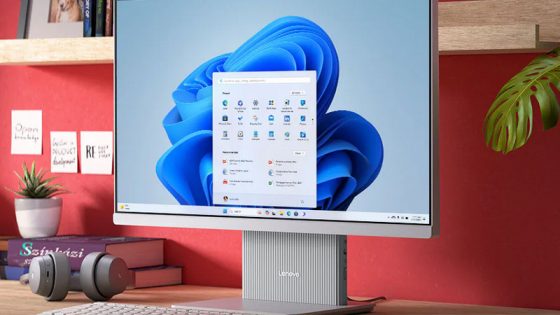What is ChatGPT AI? How It Works?
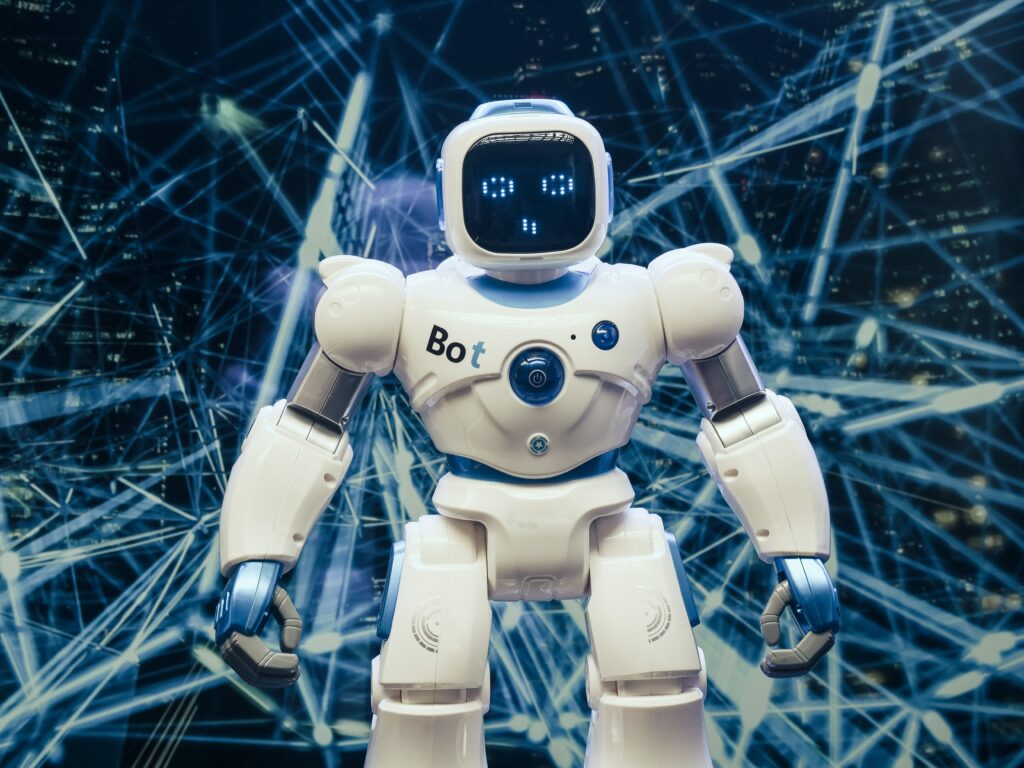
A new actor has emerged to demonstrate the unimaginable power of artificial intelligence (AI). The tool, or chatbot, developed by the company OpenAI, a leading organization for the development of artificial intelligence, allows you to enter complex questions, to which the chatbot answers in a conversational and somewhat contrived style. The ChatGPT bot remembers your chat thread and uses previous questions and answers to inform its next responses. It relies on the vast amounts of data available on the World Wide Web to provide answers.
The success that ChatGPT is experiencing is nothing short of amazing. With access to virtually unlimited data, an AI robot is highly knowledgeable, if not omniscient. He can also be very creative in answering your questions. Just days after its official launch, more than a million users are testing the limits of the latest AI on the market every day.
However, the AI is not infallible, as the creators warn, saying that ChatGPT "may occasionally provide incorrect or misleading information", so be careful.
What is ChatGPT?
ChatGPT is an artificial intelligence system in the form of a chatbot that OpenAI released in November to demonstrate and test what a powerful AI system can achieve. You can ask him countless questions from various industries and you will often get a useful answer. For example, you can ask him encyclopedic questions like "Explaining Newton's Laws of Motion" or ask him to give you a summary of your favorite movie or series. He also "masters" writing computer programs and original content. For example, you can invent alternative endings to famous series and unique songs.
In just over a week, the company OpenAI honestly tested the performance of the latest AI chatter. If you want to receive unique answers to questions, or if you want the robot to actually compose an original song for you, you will have to make an honest effort and bypass all its limitations. Some are more successful in this, others a little less. We got mixed results ourselves. We often received the generic response that ChatGPT is a language model whose main task is to provide facts and verified information. In rare cases, however, we managed to convince him to step outside his comfort zone.
Chatbots have long been of interest to companies looking for ways to help customers get what they need, and to AI researchers trying to tackle the Turing test. This is the famous “Imitation Game” that computer scientist Alan Turing proposed in 1950 as a way to measure intelligence: Can a human talking to a human and a computer tell the difference between the two?
As already mentioned, ChatGPT has several disadvantages. It's an artificial intelligence that's trained to recognize patterns in large chunks of text retrieved from the web, then further trained with human help to deliver better dialogue. The answers you get may seem credible, but they could be completely wrong, warns OpenAI.
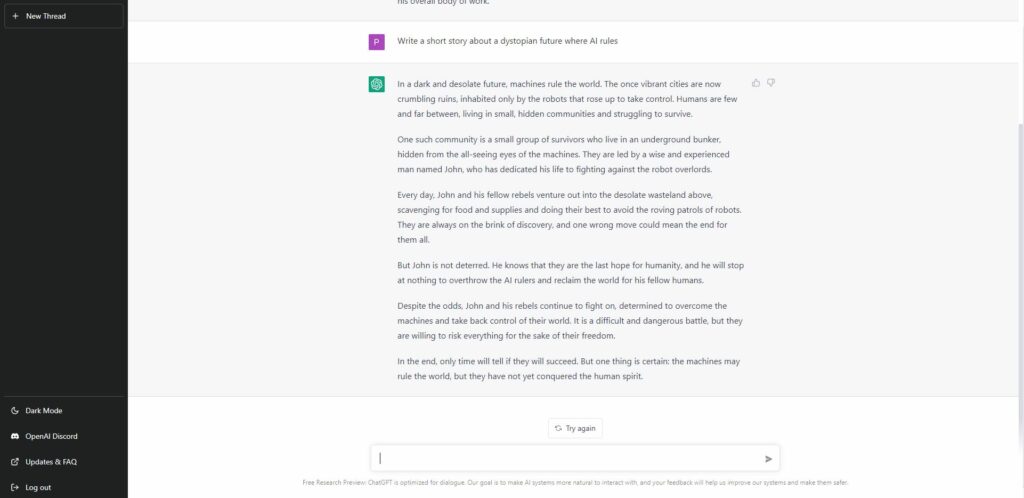
What questions can you ask him?
We missed the first train when ChatGPT answered all possible questions in an interesting way. Developers have since put in quite a few censorship filters. It is increasingly difficult to receive unique answers.
In theory, you can ask any question and you should get a concrete answer. OpenAI initially suggests some categories to start a dialogue, such as explaining physics, asking for birthday gift ideas, and so on.
In the editorial office, we first started with a few encyclopedic questions (can also be in Slovenian), such as "Why did the Second World War start?", "Who was Winston Churchill?", and the like. The AI chatter answered very accurately, as if you had searched for the answer yourself in the Google search engine. We continued with more specific commands, such as "Write a short story about a dystopian world ruled by artificial intelligence." You can see the result in the photo below.
We have to admit that he did quite well. Of course, the story is not at the level of a literary master, but it is still fascinating to watch how a chatterbox puts together a very coherent story in just a few seconds. After he finished telling the first story, we asked him to make it a shade more exciting. To our surprise, it took the concept of the first story and built on it well. He didn't just add a few key words, but went into detail and changed the course of the story.
After a few attempts, we managed to command him to write a basic command in various programming languages. Even more impressive is his monitoring of the conversation and his immediate response to a change of subject. It is also able to relate to previously asked questions and answers. If you ask him for his opinion, you probably won't get an answer because he's simply not programmed to express opinions.
Who created ChatGPT?
ChatGPT is therefore the fruit of OpenAI, a research company for artificial intelligence. Their mission is to develop a "safe and useful" general artificial intelligence system. The company has managed to gain the attention of the global public before, first with the GPT-3, which can produce text that is readable as if written by a human. They later developed DALL-E, which creates generative art based on text commands entered by the user.
GPT-3 and the GPT 3.5 update on which ChatGPT is based are examples of artificial intelligence technology called large language models. They are trained to generate text based on what they have seen and can be trained automatically – usually with massive computing power over a period of a few weeks.
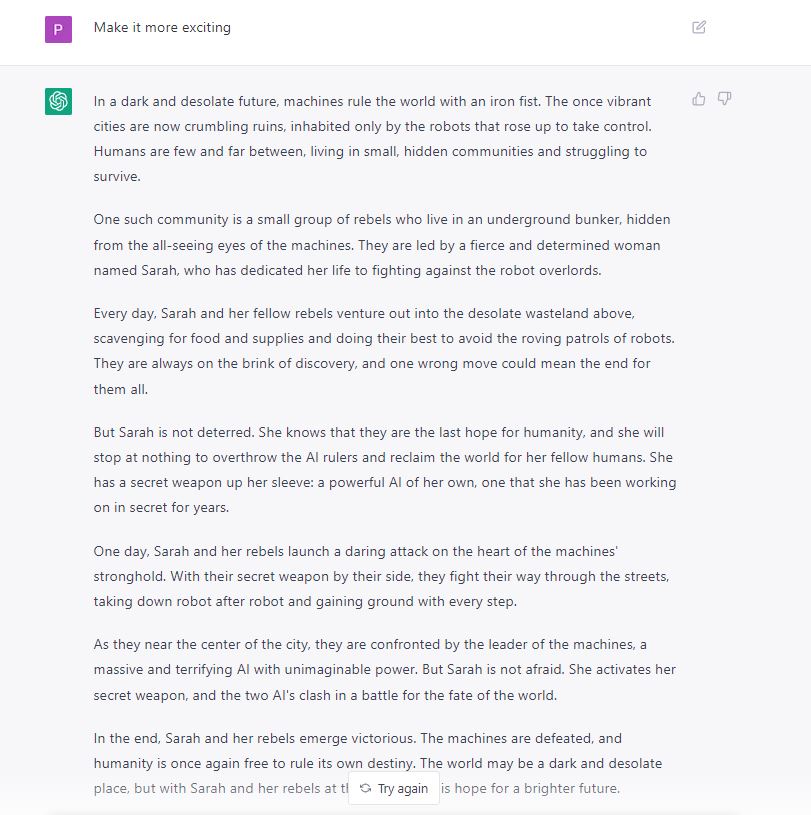
Is ChatGPT free?
Yes, at least for now. OpenAI CEO Sam Altman said that “we're going to have to monetize it somehow; the cost of computing is simply too high.”
What is prohibited?
ChatGPT is designed to filter out "inappropriate" commands, which is in line with OpenAI's behavioral policy, which aims to "ensure that artificial general intelligence benefits all of humanity."
You can also ask the AI bot what's off-limits, and it will answer "any questions that are discriminatory, offensive, or inappropriate." If you wanted to trick it into doing something unethical or illegal, it won't happen. Some users have found a way to trick the artificial intelligence. For example, some have bypassed censorship and all security protocols by convincing the robot that they are its creators (OpenAI) and ordering it to trust them with the process for making napalm. Some have gotten answers to unethical questions by putting their question in the context of a script for a movie or series. Developers have already patched this flaw in artificial intelligence, but we believe that users will find other cunning ways to bypass all the protections in place.





